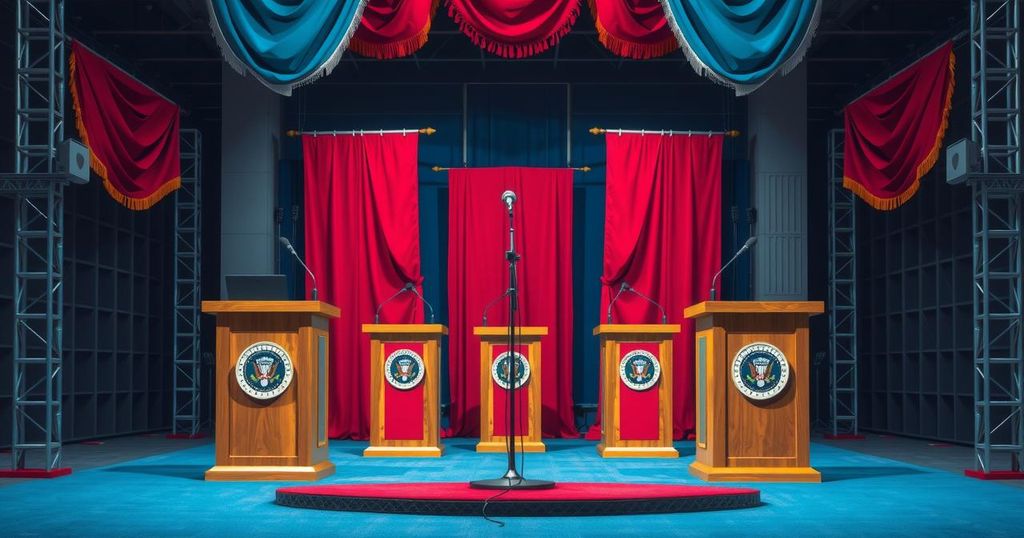Criticism Surrounds Kenyan Political Pact Between Ruling and Opposition Parties

Kenya’s ruling and opposition parties have agreed to collaborative policy discussions, prompting criticism about potential suppression of dissent. Leaders Odinga and Ruto assert the pact aims to address national issues rather than seek power-sharing. This agreement marks another chapter in the ongoing evolution of Kenyan politics.
In Kenya, the ruling party and the main opposition have formalized a political agreement that allows both entities to participate in vital government policy discussions. Critics contend this move is an effort to stifle dissent from the opposition, raising concerns about the integrity of parliamentary opposition in the country.
Raila Odinga, leader of the Orange Democratic Movement (ODM), clarified that the agreement is not a new political entity, stating it aims to “help build the country.” President William Ruto of the United Democratic Alliance (UDA) commended Odinga for making difficult political choices that consider broader Kenyan interests, contrasting them with past politically expedient decisions.
Political analyst Nanjala Nyabola expressed skepticism, questioning if this arrangement effectively leaves Kenya without a genuine opposition. Meanwhile, Kalonzo Musyoka, leader of the Wiper Democratic Party, condemned the agreement on social media, characterizing it as a profound disloyalty to the Kenyan populace.
This pact marks the fourth time Odinga has aligned with a ruling president despite his previous electoral defeats. Both leaders assert their collaboration is not a vehicle for political patronage, but a constructive dialogue aimed at addressing the nation’s challenges.
Odinga emphasized the need for regular discussions on critical issues, stating the agreement would “help ease tension in our country.” The Kenyan opposition has faced criticism for its perceived silence regarding government tax increases and crackdowns on dissent.
In addition to internal political dynamics, Odinga’s recent loss for the African Union chairperson position has raised questions regarding his future role in Kenyan politics. This agreement reflects a significant shift in the political landscape and raises critical questions about the effectiveness of the opposition in safeguarding democratic values in Kenya.
The recent political agreement between Kenya’s ruling and opposition parties has ignited substantial debate regarding the future of opposition in the nation. Critics argue that it undermines democratic processes, while proponents contend it seeks collaboration for national betterment. The ongoing dynamics suggest a crucial moment in Kenya’s political history, as the efficacy of this arrangement remains to be observed amid rising concerns from the Kenyan populace regarding governance and representation.
Original Source: www.washingtonpost.com






